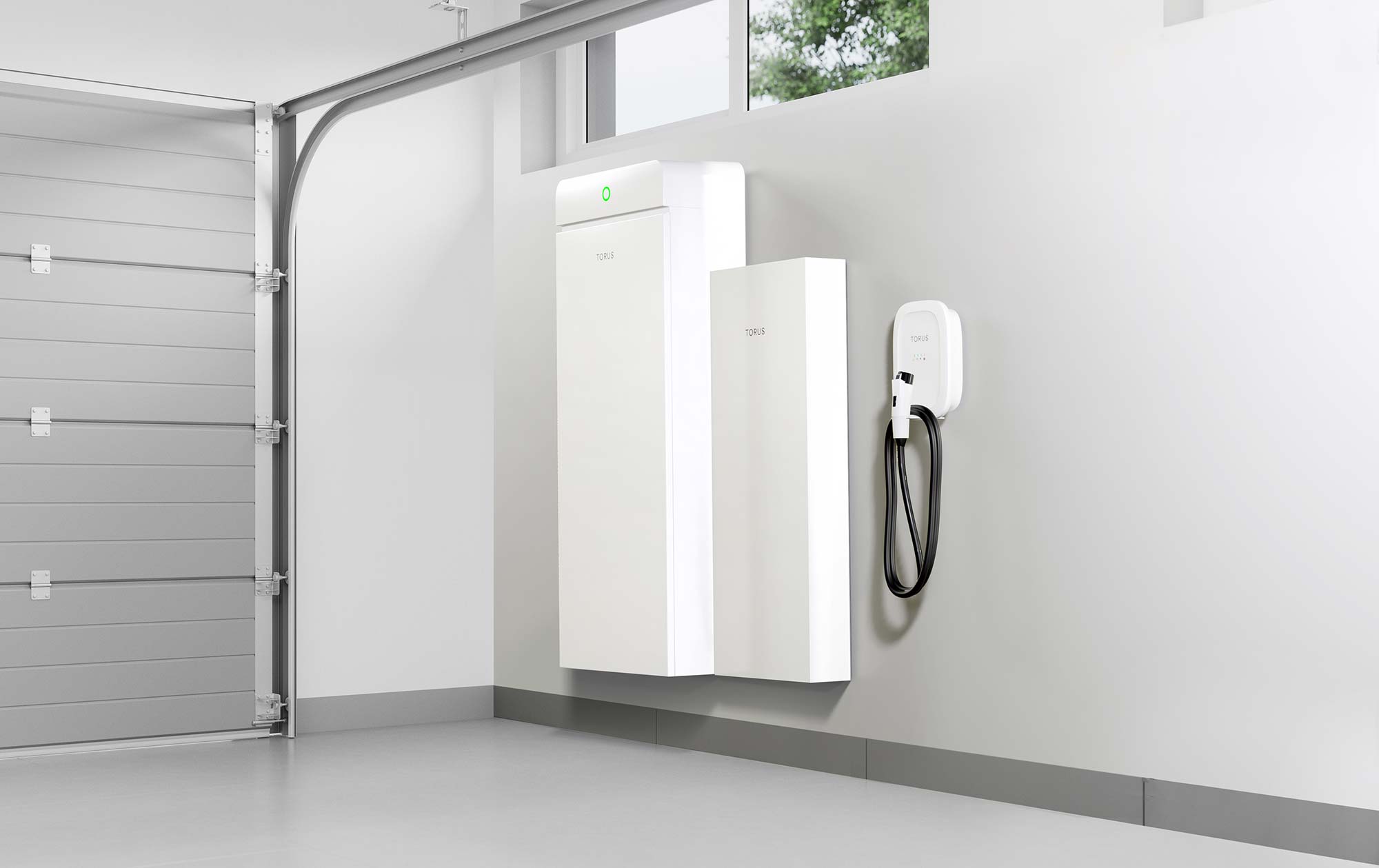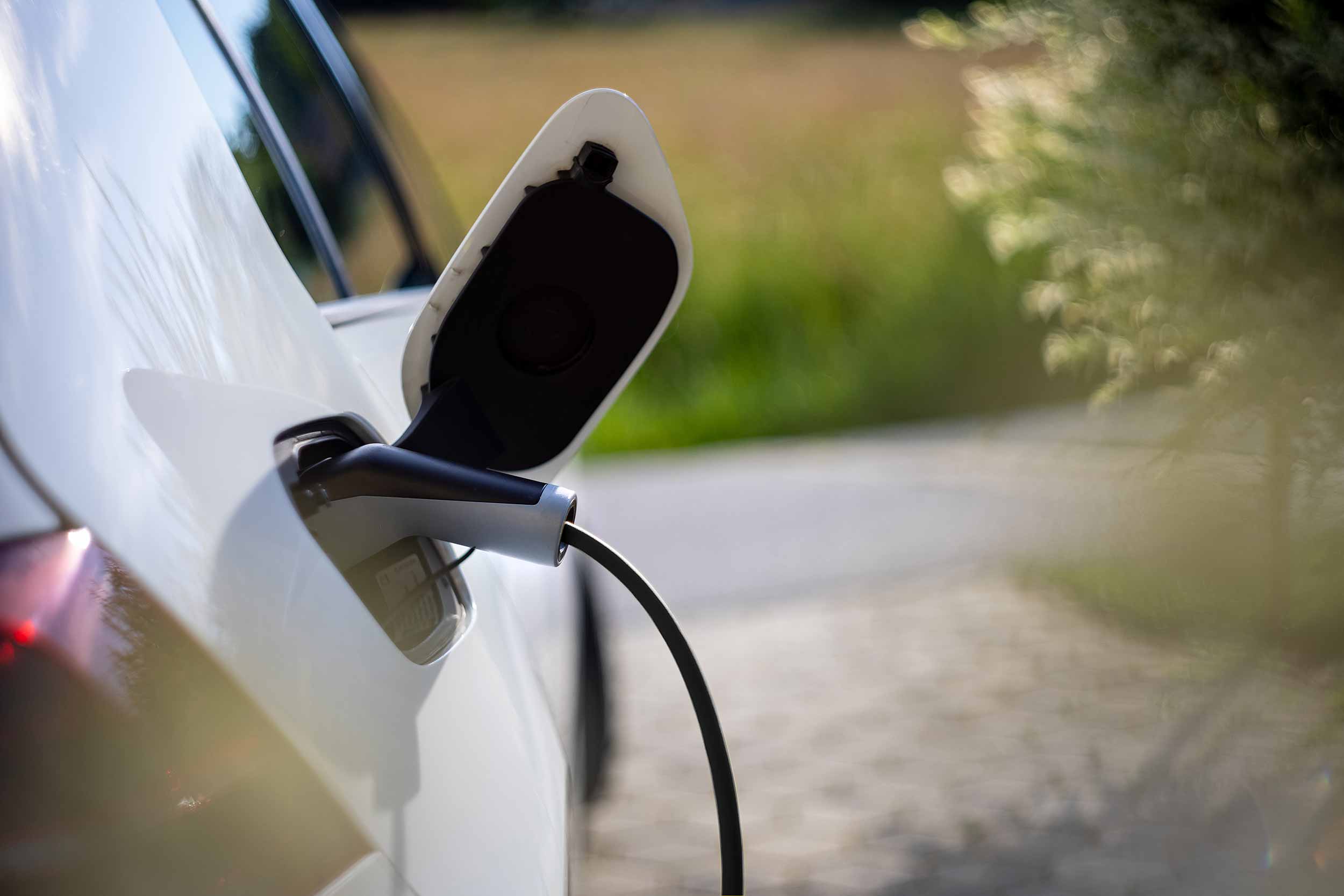How do residential batteries work?
All the important nuts and bolts of residential energy storage
Solar batteries and residential energy storage systems have emerged as an invaluable solution for homeowners looking to store the clean electricity generated by their solar panels. Below is a crash-course on how they work, their components, and the benefits they offer.
Understanding Solar Batteries:
Solar batteries are advanced energy storage devices that store the excess electricity generated by solar panels during periods of high production, such as sunny days. Instead of sending this surplus energy back to the grid, it is stored in the battery for your later use, when solar production is lower or during power outages
Components of a Solar Battery System:
- Battery Pack: The heart of the solar battery system, the battery pack consists of multiple interconnected battery cells or modules. These cells store electrical energy in the form of chemical potential energy.
- Battery Management System (BMS): The BMS monitors and controls the battery's charging and discharging processes, ensuring optimal performance, safety, and longevity. It regulates the flow of energy and protects the battery from overcharging, over-discharging, and excessive temperatures.
- Inverter: The inverter is responsible for converting the direct current (DC) energy stored in the battery into alternating current (AC) energy that can be used to power household appliances and devices.
- Metering and Control Systems: These systems enable users to monitor and manage the battery's performance, energy usage, and charging/discharging cycles.
Charging and Discharging Cycle:
- Solar batteries charge during periods of high solar production, when the solar panels generate more electricity than the household's immediate consumption needs. Excess electricity flows into the battery, where it is stored for later use.
- During periods of low solar production or high energy demand, such as in the evenings or during cloudy days, the solar battery discharges stored energy to power the home. This allows homeowners to reduce their reliance on the grid and use clean, self-generated energy.
Benefits of Solar Batteries:
- Maximized Self-Consumption: Solar batteries enable homeowners to optimize self-consumption of solar energy. Excess energy that would otherwise be exported back to the grid can be stored and used when the sun is not shining, reducing their reliance on grid-supplied electricity.
- Backup Power During Outages: Solar batteries provide a reliable source of backup power during grid outages so that critical appliances and essential loads can still operate, enhancing resilience and reducing disruptions.
- Time-of-Use Optimization: For homes with time-of-use (TOU) electricity rates, solar batteries allow users to draw from stored energy during peak rate hours when electricity costs are higher. This helps to offset high electricity bills and maximize savings.
- Grid Independence and Sustainability: Solar batteries contribute to a more sustainable and resilient energy future by reducing our reliance on fossil fuels and lowering carbon emissions. They allow homeowners to be more self-sufficient and independent from the grid, fostering energy resilience and reducing their environmental impact.
The Torus Station is the most effective way to create, store, and manage clean, renewable energy at home. Curious? Learn more! Interested in a free consultation? Get in touch! Ready to commit? Customize your system.




